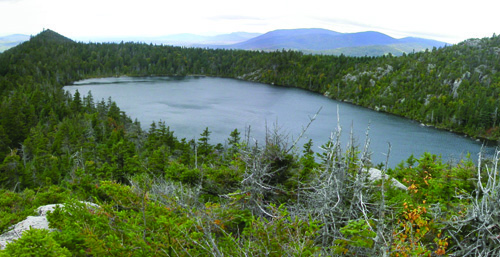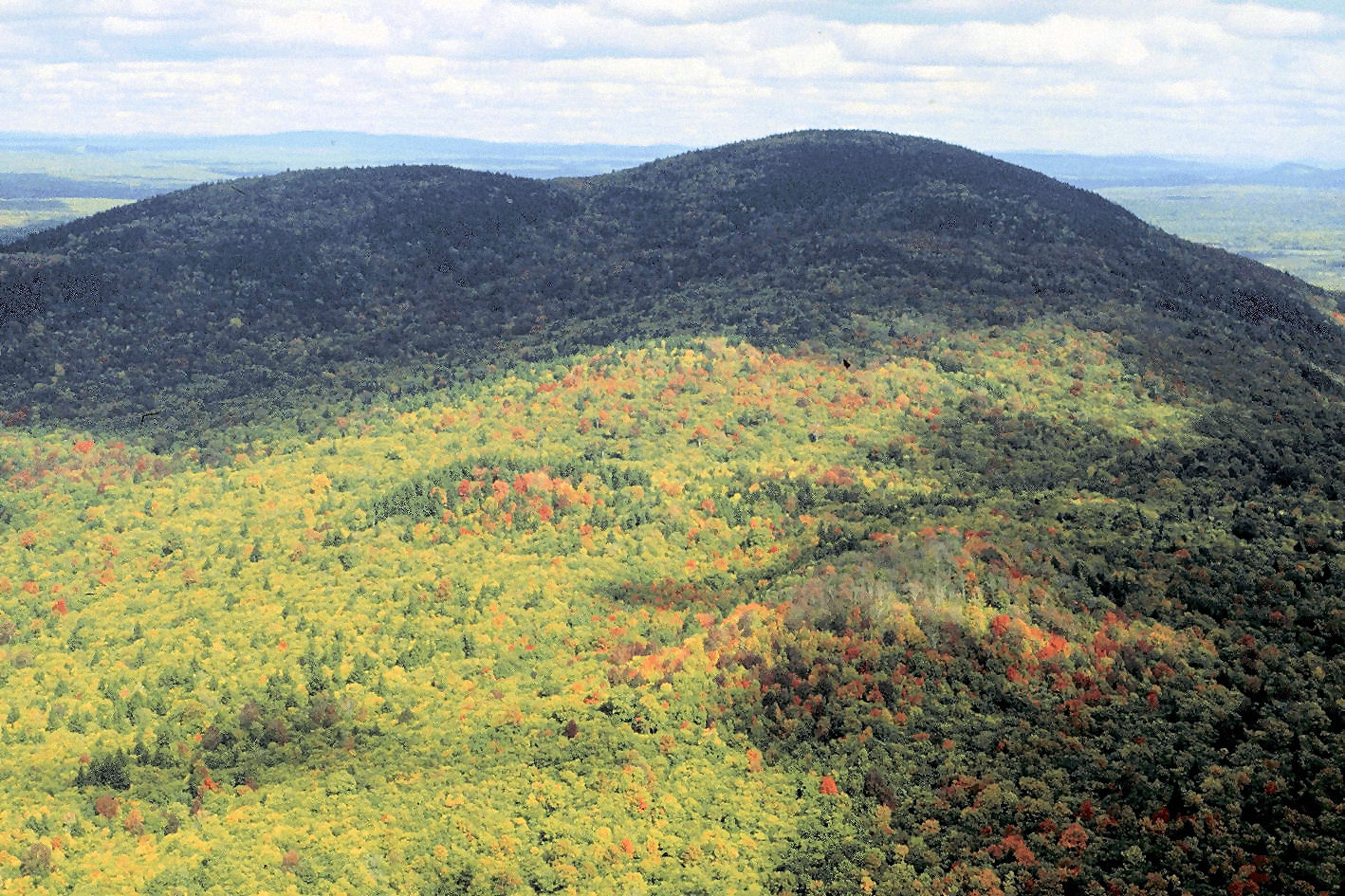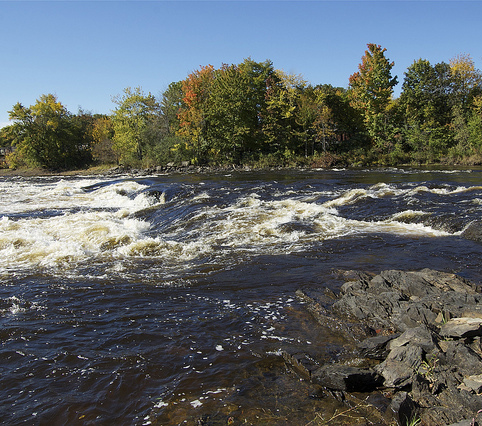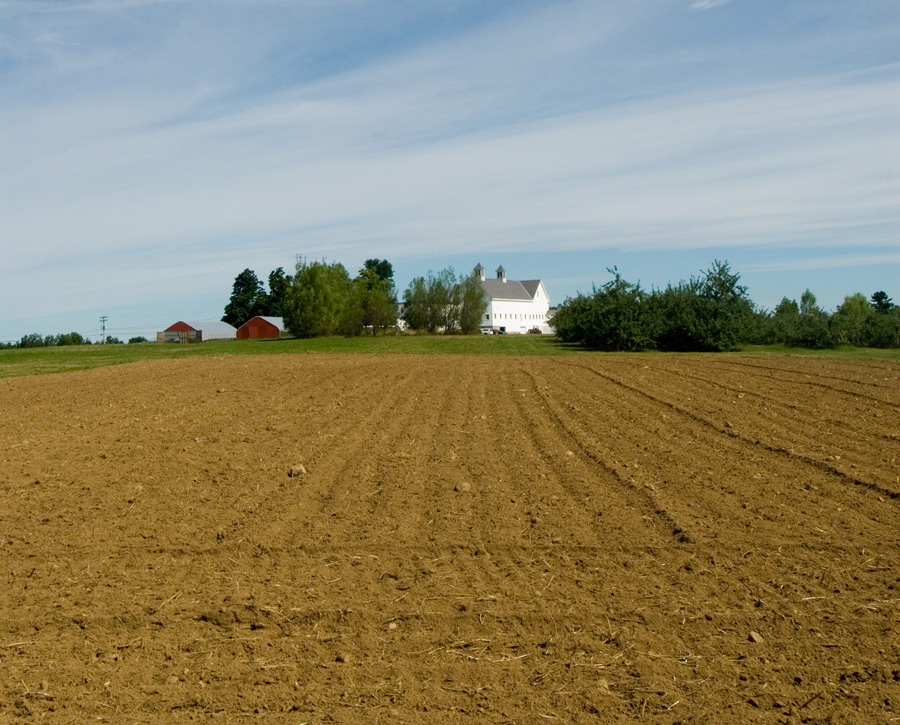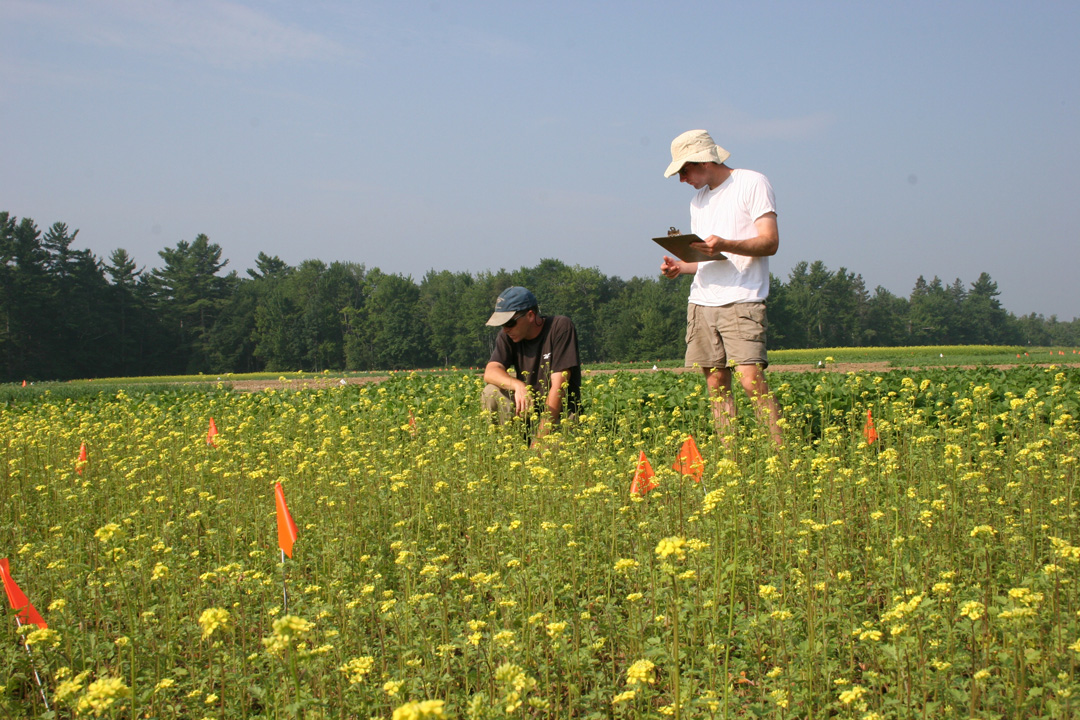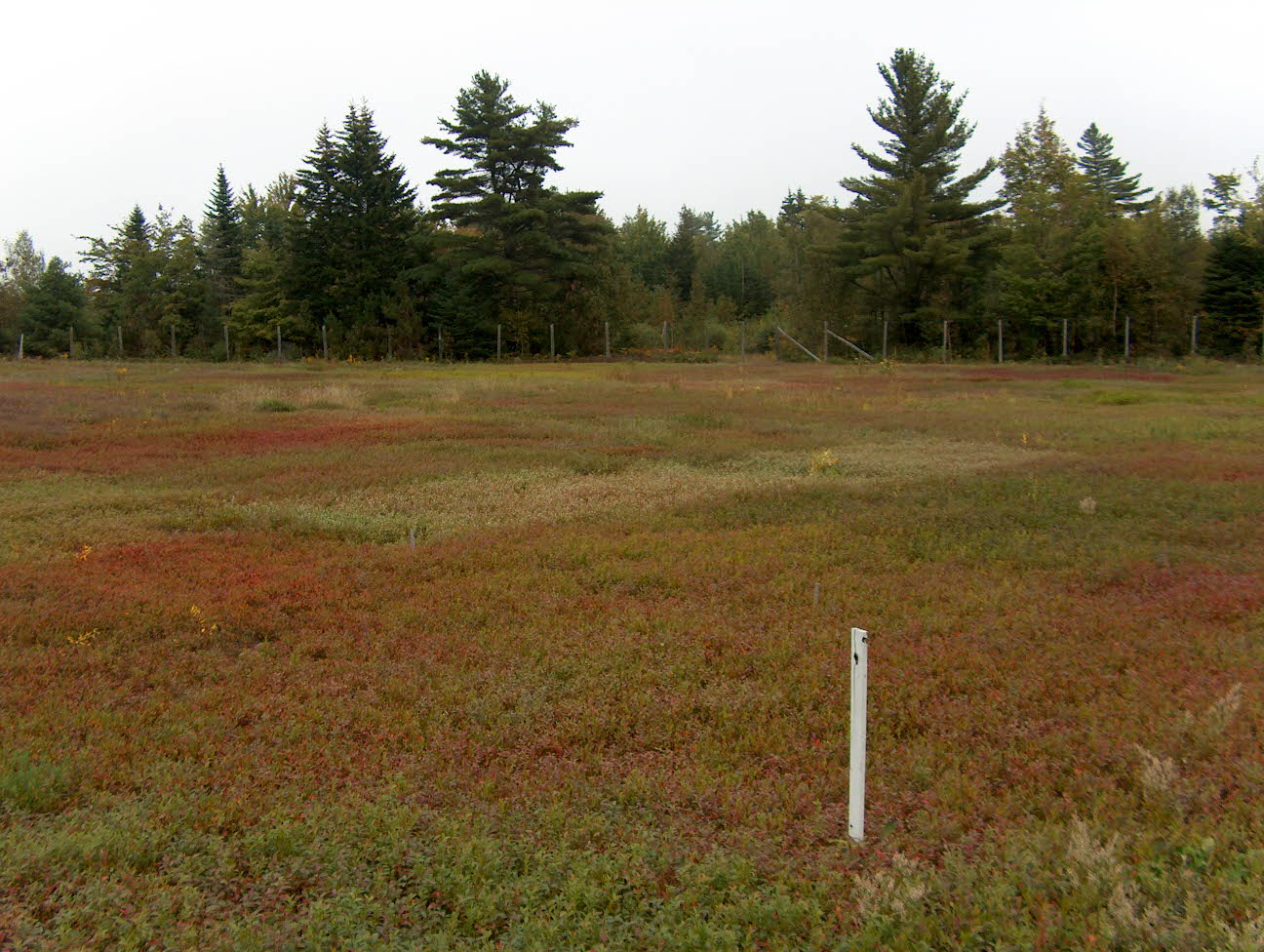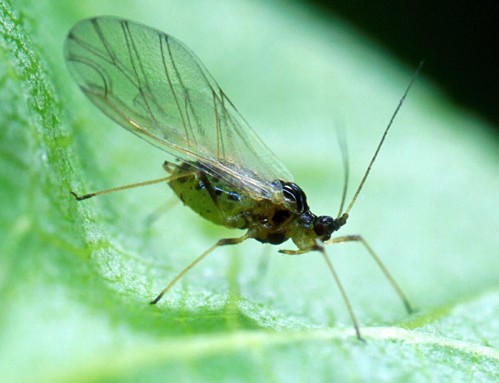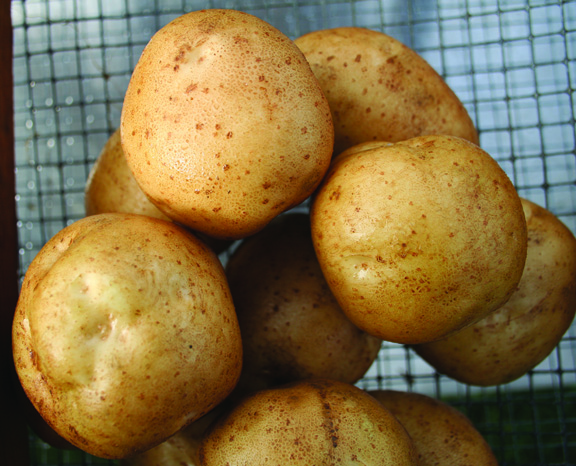Assessing the effects of climate change on Maine’s lake water quality
Drinking water districts are facing challenges with the changing climate. Across Maine, there are more than 40 surface freshwater sources used for drinking water; 10 of these (including Bangor and Portland) are not filtered as part of the treatment process. Increasing lake water temperatures and DOC concentrations will alter biological activity in Maine’s lakes, yet […]
Read more
